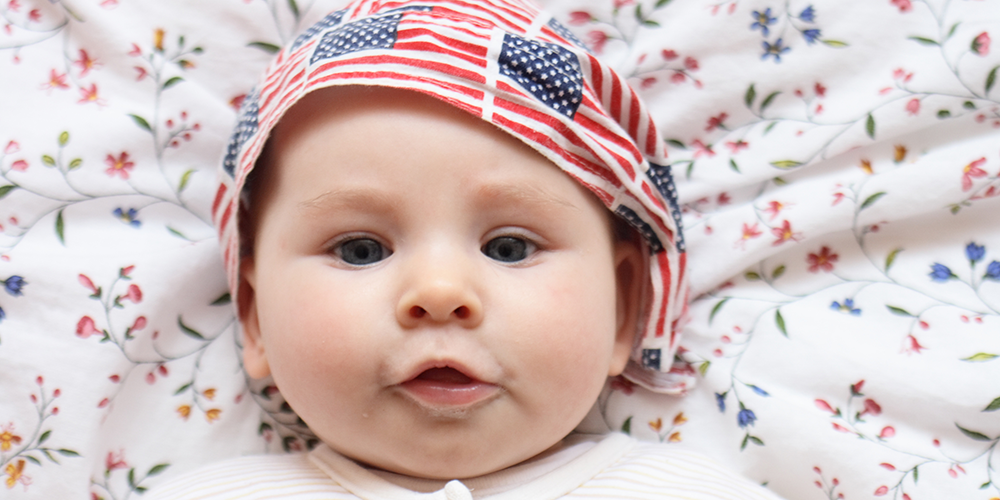Are you thinking about adopting in America? Well, there are a few facts that you need to know.
1. There’s a lot of paperwork.
Financial disclosures, criminal background checks, letters of recommendation, tax returns… How much more information do they need? The home study licensing agency needs to know all about you so they can help you find the right child for your home. Instead of getting frustrated by the paperwork, try to reframe your thinking. They’re just confirming that your home is a great one for a child to grow up in.

2. It doesn’t have to break the bank.
With the average price of domestic adoptions ranging from $8,000 to $40,000, adopting can seem out of reach for many American families. The truth, however, is that there are other options that don’t require dipping into retirement savings. Foster adoptions are significantly cheaper than private adoptions, and much, if not all, of the adoption costs may be covered by the state. In 2016, the adoption tax credit was $13,460. While the credit may not cover the entire cost of the adopting, it does soften the sticker shock.
3. Potential birth mothers have a lot of input in the process.
Potential birth mothers’ rights are protected in all 50 states. Potential birth mothers who work with adoption agencies or lawyers in private adoptions meet with a social worker that helps a potential birth mother put together an adoption plan. This plan can include information about the openness she is seeking after placement and what type of family she would like to place her child with. Once this information is collected, potential birth mothers can look through family profiles to choose a family for her child. The decision to place a child is hers alone, and any good agency or lawyer will work with a potential birth mother to find the perfect match for all involved.
4. A majority of adoptions in the US are open.
Open adoptions are becoming a greater national trend, with up to 95% of adoptions having some contact. The degree of openness varies, with some families keeping in contact through pictures and letters facilitated through an agency, while other families visit with birth families on a regular basis. Open adoptions benefit all parts of the adoption triad (adoptee, birth family, and adoptive family), and many agencies are working to mandate some openness as part of their contracts. The relationship becomes a normal, celebrated part of your family story.
5. Adopting in the US may require several days in a hotel.
If you adopt a child in a different state than you live, you should prepare to spend several days to several weeks in a hotel. The Interstate Compact on the Placement of Children requires the state the child was born in to approve of the placement and the state the adoptive parents live in need to approve it, too. The states need to make sure the child is going to a home where they will be provided and cared for, so all that paperwork from your home study will get some mileage. This approval process can take a few days to a few weeks depending on how busy the ICPC offices are. You can find out more about this agreement here. Take advantage of this time to bond with your child and explore their birthplace by playing tourist (yes, even in a small town!). These stories will become so important to your child’s understanding of their adoption.
6. The wait times vary.
Your wait may be longer than average, but it may also be much shorter than average. Wait times for a match and placement are difficult to predict. The adoption community is full of stories of families who got the call just days after becoming active with an agency and others who waited years through failed placement after failed placement. There is no magic trick or special secret to decreasing your wait time. Your match will come along when it’s the right match.




